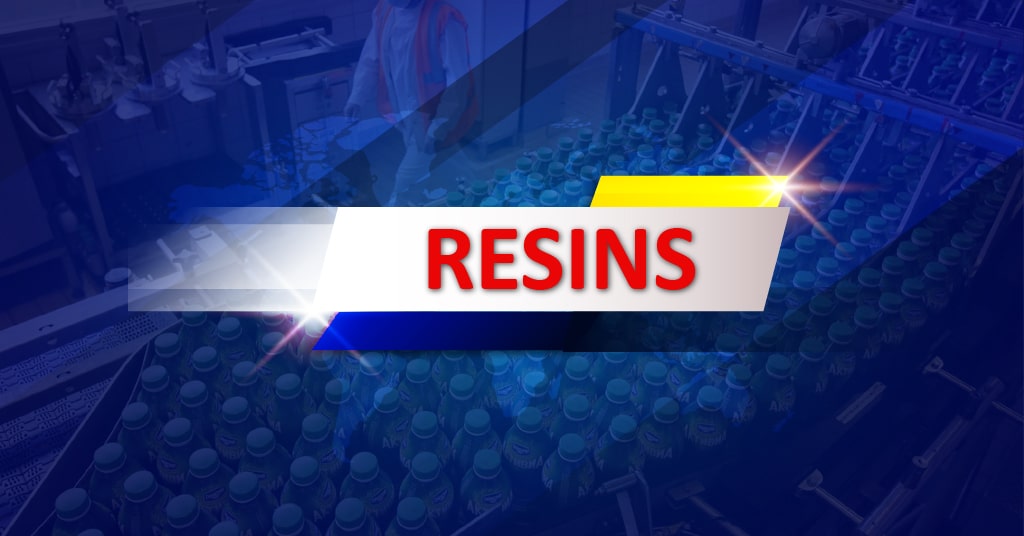Welcome To ChemAnalyst

As per the South Korean industry sources, On June 8, the Cargo Truckers Solidarity union has gone on strike, requesting reasonable fares to be extended, forcing the manufacturer to slow down production and supply of the product in the region.
A Trader based in South Korea revealed that the global supply chain was already under strain due to the lockdown in China and the war in Ukraine. The truck driver strike in South Korea will further put the global supply chain under more pressure.
Furthermore, Polyisobutylene prices have continued to rise in the domestic market on the back of disrupted supply amid constrained inventories. Additionally, elevated feedstock Isobutylene prices also supported the high pricing of Polyisobutylene. Hence, the prices of Polyisobutylene in South Korea were assessed at USD 1725/MT in the preceding week.
Overall, the demand for Polyisobutylene remained robust in the automotive as well as from the pharmaceutical sector for the fabrication of medical devices.
On the other hand, prices of Polyisobutylene witnessed an upward momentum in the Chinese market backed by the volatile naphtha prices alongside high raw material costs. Also, demand from the downstream automotive sector has continued to increase, driving up the Polyisobutylene cost in the local market.
In addition, easing lookdown restrictions and declining pandemic cases promoted the positive buying sentiments in the local market and consequently weighed on the high pricing of Polyisobutylene. According to the ChemAnalyst database, prices of Polyisobutylene in China were settled at USD 2180/MT in June, as compared to the previous month.
Furthermore, China is relying on South Korea for the import of Polyisobutylene, but the limited supply of the product from the previous weeks due to uncertainty in South Korea has disrupted the trade activities, resulting in the supply shortfall in the domestic market.
ChemAnalyst prediction stated that, "The changing market scenario in the global market is anticipated to influence the global supply-demand chain coupled with the volatile crude oil, Naphtha prices due to Russia-Ukraine war and surge demand from downstream. In addition, China will likely reimpose lockdown restrictions while Truck drivers further fuel strike, disrupting the supply of the product to its domestic as well as in international markets. As a result, the prices of Polyisobutylene are expected to increase in the Asian market."
We use cookies to deliver the best possible experience on our website. To learn more, visit our Privacy Policy. By continuing to use this site or by closing this box, you consent to our use of cookies. More info.
